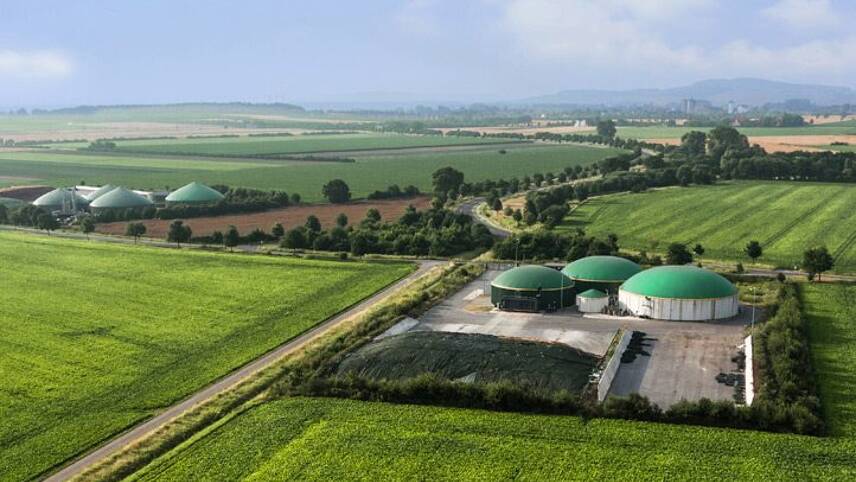Register for free and continue reading
Join our growing army of changemakers and get unlimited access to our premium content

According to the REA
The REA’s Bioenergy in the UK – vision to 2032 and beyond report, released today (4 June) outlines how bioenergy can be utilised to help the UK reach its fourth and fifth carbon budgets. Under law, the UK must reduce emissions by 50% from 1990 levels by 2027 and 57% by 2032, however, the Government has confirmed that the nation is off track to meet these targets.
If met, the carbon budgets would put the UK firmly on track to meet the legally binding carbon reduction targets laid out in the UK’s Climate Change Act (2008), which sets an 80% emissions reduction target for 2050, from the same 1990 baseline.
The REA noted that sources of bioenergy could be nearly tripled from 6% to 16% by 2032, creating an additional 117TWh across heat, transport and power. In contrast, EU legislation requires a 12% renewable heat target by 2020. The report notes that the 10% increase would create around 100,000 jobs.
REA’s chief executive Dr Nina Skorupska said: “Increasing the deployment of bioenergy is the only realistic solution to affordably and sustainably bridge the anticipated energy gap and rapidly decarbonise the UK in line with legally binding targets.
“Bioenergy is a no regrets solution to achieving these targets due to its ability to provide immediate and affordable GHG savings through existing infrastructure whilst facilitating the development and commercialisation of future technologies.”
The report builds on the growing calls for the UK to accelerate its decarbonisation efforts, with the Committee on Climate Change publishing a landmark report calling for a net-zero target to be set by 2050. The recommendations of that report are currently being examined by policymakers.
According to the REA, technologies such as modern biomass boilers, biofuels and anaerobic digestion can create an affordable means to provide instant carbon reductions in areas such as heat and transport – sectors which have been notoriously difficult to decarbonise.
Renewable Heat Incentive
Commenting on the report, AMP Clean Energy’s chief executive Richard Burrell said: “Biomass is a proven, world-renowned technology which can continue to make a significant contribution to the decarbonisation of heat in the UK.
“With the Renewable Heat Incentive (RHI) coming to an end in 2021, there is an opportunity to install new systems before that date as well as to look at new and innovative ways of financing the decarbonisation of heat. We need to find a way to deliver the much-needed transition to renewable heat generation to build on some of the positive steps that have already been taken and to avoid a cliff-edge for new renewable heat installations after 2021.”
Under the RHI, almost 90% of renewable heat has been sourced from biomass. The UK Government announced last week that it will extend the RHI grace period after months of campaigning from green groups.
Under previous RHI regulations, all plants with a Tariff Guarantee would have needed to commence injection of biomethane by 31st January 2020 but this has now been extended to 2021. The Tariff guarantees allow non-domestic RHI applicants to secure a tariff rate before their project is commissioned and fully accredited. They are available to all combined heat and power biomass, geothermal and biomethane installations as well as biomass installations over 1MW, biogas installations over 600kW and heat pumps over 100kW.
Matt Mace


Please login or Register to leave a comment.